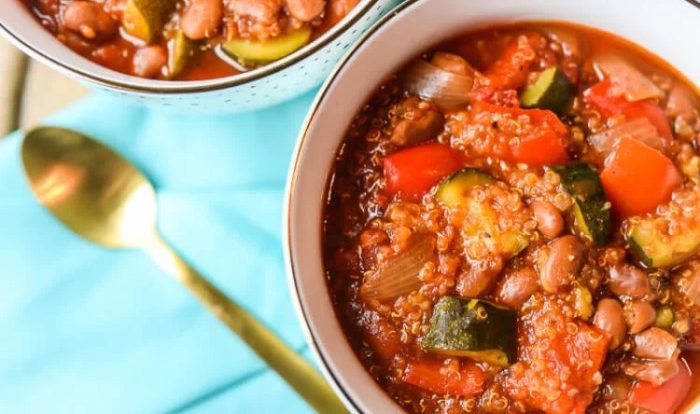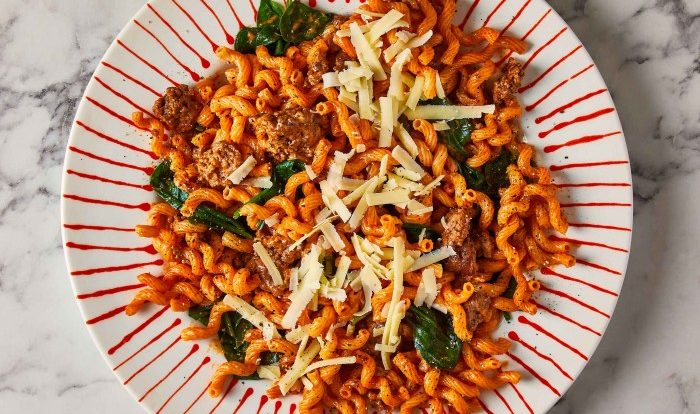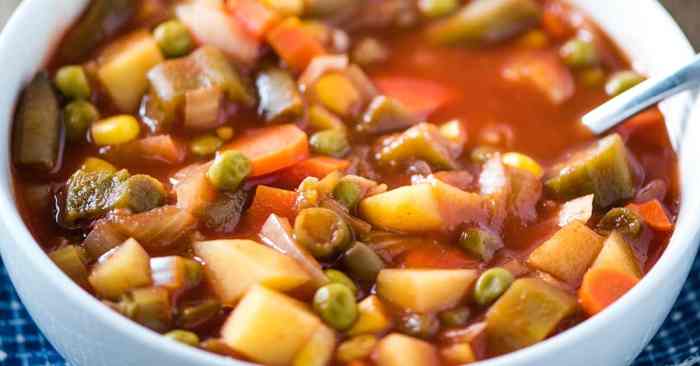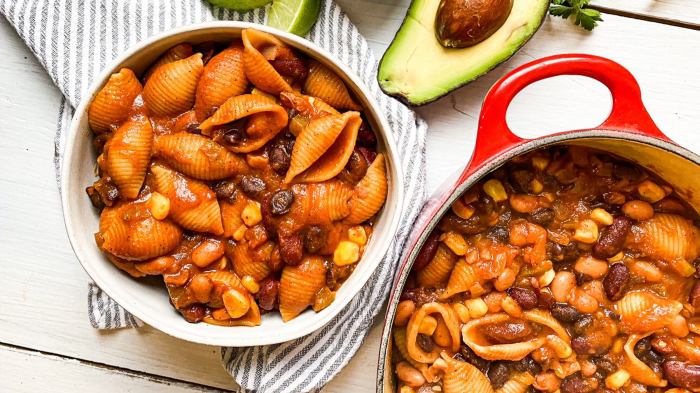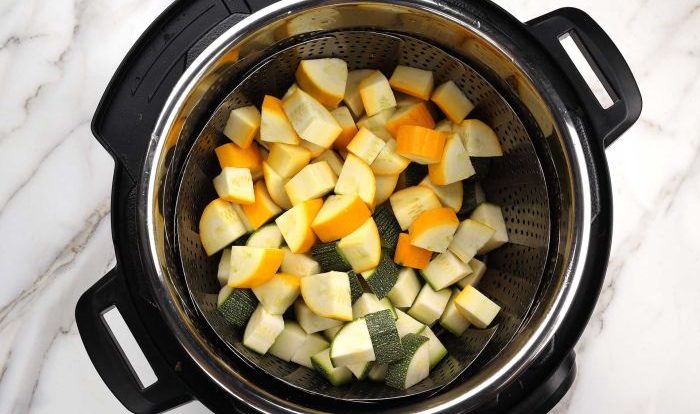100 gm oats protien – 100 gm oats protein emerges as a nutritional powerhouse, promising a journey of health and culinary exploration. This versatile grain unveils a rich profile of essential nutrients, offering a plethora of health benefits while seamlessly integrating into diverse culinary creations.
Delving into the composition of 100 gm oats, we discover a treasure trove of macronutrients and micronutrients. Protein takes center stage, boasting a substantial 10-12 grams, accompanied by a symphony of carbohydrates, fiber, vitamins, and minerals.
Nutritional Composition of 100 gm Oats
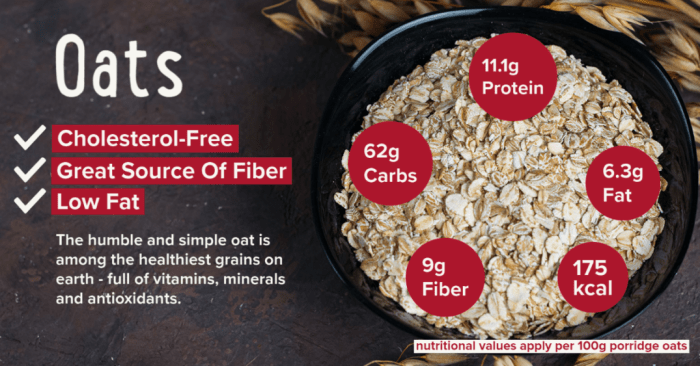
Oats are a highly nutritious whole grain that is packed with essential nutrients. They are a good source of protein, carbohydrates, fiber, and various vitamins and minerals.
The following table provides a detailed breakdown of the macronutrient and micronutrient composition of 100 gm of oats:
Macronutrients
- Calories: 389
- Protein: 16.9 gm
- Carbohydrates: 66.3 gm
- Fiber: 10.6 gm
- Fat: 6.9 gm
Micronutrients
- Vitamin B1 (Thiamin): 0.4 mg
- Vitamin B2 (Riboflavin): 0.1 mg
- Vitamin B3 (Niacin): 1.2 mg
- Vitamin B5 (Pantothenic Acid): 1.4 mg
- Vitamin B6 (Pyridoxine): 0.2 mg
- Vitamin B9 (Folic Acid): 40 mcg
- Vitamin E: 0.9 mg
- Iron: 4.7 mg
- Magnesium: 176 mg
- Phosphorus: 524 mg
- Potassium: 396 mg
- Zinc: 4.4 mg
Protein Profile of Oats
Oats are a good source of protein, providing approximately 10-12 grams per 100 grams of uncooked oats. The protein in oats is composed of a diverse range of amino acids, including essential amino acids that the body cannot produce on its own.
Amino Acid Composition
The amino acid composition of oat protein is characterized by a high proportion of glutamine, a non-essential amino acid that plays a crucial role in muscle recovery and immune function. Oats also contain significant amounts of essential amino acids, including lysine, isoleucine, leucine, and valine, which are important for protein synthesis and muscle growth.
Protein Quality and Bioavailability
Compared to other plant-based proteins, oat protein is considered to be of good quality, with a relatively high protein digestibility-corrected amino acid score (PDCAAS). PDCAAS is a measure of the quality and bioavailability of protein, taking into account the amino acid composition and digestibility of the protein.
Oat protein has a PDCAAS of 0.66, which is comparable to the PDCAAS of wheat and barley proteins. However, it is lower than the PDCAAS of animal-based proteins, such as whey and casein, which have a PDCAAS of 1.0.
Health Benefits of Oat Protein
Oat protein, derived from whole grain oats, offers a range of potential health benefits due to its unique nutritional composition and bioactive compounds. Consuming oat protein may contribute to improved overall well-being, particularly in areas related to weight management, cardiovascular health, blood sugar control, and inflammation.
Improved Satiety and Weight Management
Oat protein is highly satiating, meaning it promotes a feeling of fullness and reduces hunger. This is attributed to its high fiber content, which slows down digestion and absorption, leading to sustained energy levels and reduced calorie intake. Studies have shown that consuming oat protein as part of a balanced diet can aid in weight loss and maintenance.
Reduced Cholesterol Levels
Oat protein contains soluble fiber, known as beta-glucan, which has cholesterol-lowering effects. Beta-glucan forms a viscous gel in the digestive tract, trapping cholesterol molecules and preventing their absorption into the bloodstream. Regular consumption of oat protein can help reduce LDL (bad) cholesterol levels and improve the overall lipid profile.
Did you know that 100 grams of oats provide a substantial amount of protein? If you’re looking for a delicious and nutritious way to start your day, try a protein powder oatmeal recipe . By adding a scoop of protein powder to your oats, you can boost the protein content even further, making it a perfect meal for athletes, fitness enthusiasts, or anyone looking to increase their protein intake.
And the best part? It’s incredibly easy to make, so you can enjoy a protein-packed breakfast without spending hours in the kitchen.
Enhanced Blood Sugar Control
Oat protein has a low glycemic index, meaning it releases glucose slowly into the bloodstream. This helps maintain stable blood sugar levels and reduces the risk of insulin resistance and type 2 diabetes. The soluble fiber in oats also delays gastric emptying, further contributing to improved blood sugar control.
Anti-inflammatory Properties, 100 gm oats protien
Oat protein contains antioxidants and anti-inflammatory compounds, such as avenanthramides. These compounds have been shown to reduce inflammation throughout the body, which may have beneficial effects on various conditions, including cardiovascular disease, arthritis, and inflammatory bowel disease.
Culinary Applications of Oats: 100 Gm Oats Protien
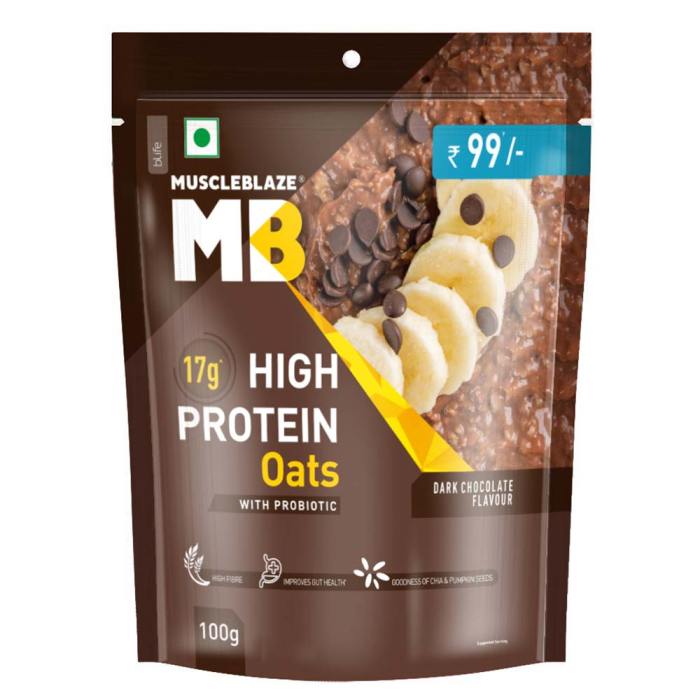
Oats, a versatile grain, offer culinary versatility, extending beyond traditional breakfast bowls. Their mild flavor and nutritional profile make them a welcome addition to various culinary preparations.
Breakfast Delights
Oatmeal, a classic breakfast staple, is prepared by simmering oats in liquid (water, milk, or plant-based alternatives) until tender. Overnight oats, a convenient variation, involve soaking oats in liquid overnight for a ready-to-eat breakfast.
Baked Goodness
Oats find their way into baked goods, adding texture and nutritional value. Oatmeal cookies, with their chewy texture and comforting flavors, are a timeless treat. Oat muffins, infused with fruits, nuts, or spices, offer a wholesome and portable breakfast or snack option.
Smooth and Creamy
Oats seamlessly blend into smoothies and shakes, adding a boost of fiber and protein. They create a creamy texture and complement a variety of fruits, vegetables, and protein sources, making them a versatile base for nutritious beverages.
Savory Surprises
Beyond breakfast and baked goods, oats venture into savory dishes. Oat burgers, a plant-based alternative to traditional meat burgers, combine oats with vegetables, legumes, and spices for a satisfying and nutritious meal. Oat flour pancakes, a gluten-free option, provide a fluffy and flavorful breakfast or brunch dish.
Storage and Handling of Oats
Proper storage and handling are essential to preserve the freshness, nutritional value, and safety of oats. Understanding the optimal conditions for storing oats can help extend their shelf life and prevent spoilage or contamination.
Oats should be stored in a cool, dry place away from direct sunlight and heat sources. Ideal storage temperatures range from 40 to 60 degrees Fahrenheit (4 to 16 degrees Celsius). Maintaining a low moisture level is crucial to prevent mold growth and preserve the nutritional integrity of oats.
Packaging and Containers
- Airtight containers:Store oats in airtight containers to prevent moisture and air from entering, which can lead to spoilage.
- Resealable bags:Original packaging bags often have resealable features. If possible, reseal the bag tightly after each use.
- Glass jars:Glass jars with tight-fitting lids are an excellent option for long-term storage, as they provide a moisture-proof and airtight environment.
Potential Risks
Improper storage can lead to several risks, including:
- Spoilage:Moisture and heat can promote mold growth, making oats unsafe for consumption.
- Nutrient loss:Exposure to light and air can degrade vitamins and minerals in oats, reducing their nutritional value.
- Pest infestation:Oats stored in open or poorly sealed containers can attract pests such as insects or rodents.
- Rancidity:Oats contain natural oils that can become rancid if exposed to oxygen. Rancid oats develop an unpleasant taste and odor.
Final Summary
As we bid farewell to our exploration of 100 gm oats protein, let us savor the myriad benefits it bestows upon us. From satiety to cholesterol reduction, blood sugar control to anti-inflammatory properties, oats emerge as a true nutritional ally.
In the culinary realm, oats shine as a versatile ingredient, gracing breakfast bowls, baked delights, smoothies, and even savory dishes. Their adaptability and nutritional prowess make them a staple in kitchens worldwide.



